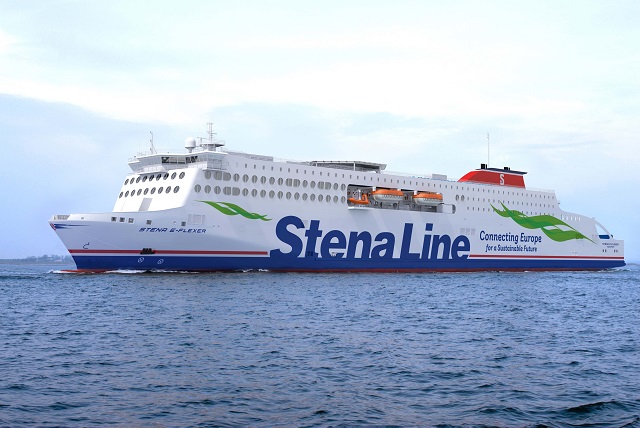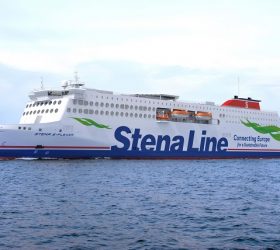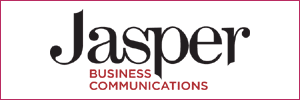Stena Line has confirmed that the first of its new RoPax ferries currently under construction in China is planned to enter service on its Dublin – Holyhead route early 2020.
 Last year Stena (Stena Line’s parent company) announced a new build contract for a new generation of RoPax ferry vessels, Stena E-Flexer, with planned deliveries during 2020 and 2021. Stena has ordered the construction of six new vessels from the AVIC Shipyard in China and the plan is to locate three of these ships on Stena Line´s Irish Sea routes. The other three will be chartered out to external parties by Stena Line’s sister company Stena RoRo.
Last year Stena (Stena Line’s parent company) announced a new build contract for a new generation of RoPax ferry vessels, Stena E-Flexer, with planned deliveries during 2020 and 2021. Stena has ordered the construction of six new vessels from the AVIC Shipyard in China and the plan is to locate three of these ships on Stena Line´s Irish Sea routes. The other three will be chartered out to external parties by Stena Line’s sister company Stena RoRo.
Stena Line’s CEO Niclas Mårtensson said: “Our Irish Sea routes are strategically very important to Stena Line and our customer, with the freight market between Ireland and UK experiencing significant growth over the last five years. That’s why we have invested almost £200m in our ports and vessels across the region to improve and grow our capacity to offer a frequent, reliable and high-quality service for our freight and travel customers. The deployment of three new vessels is a tangible example of our strategic growth plan for the Irish Sea. I’m delighted to confirm that the first of our new vessels will be deployed on the Dublin – Holyhead service planned for early 2020. Furthermore, I can also confirm that two other vessels will be assigned to our Belfast – Liverpool service planned for spring of 2020 and early 2021.
Ian Davies, Stena Line Trade Director Irish Sea South commented: “Freight volumes have surpassed the Celtic Tiger peaks of 2007 and we are confident that this upward trend will continue. 2017 was a record year for Stena Line in the Irish Sea where we carried over 800,000 freight units on our routes to and from the Island of Ireland. We welcome the addition of the first of our new generation RoPax vessels on Dublin – Holyhead. It will significantly increase freight capacity and raise the service standards for travel and freight customers”
The new vessel being deployed on the Dublin – Holyhead route will have capacity for 1 000 passengers, 120 cars as well as 3 100 freight lane meters delivering 4 daily sailings with an estimated crossing time of approximately 3.5 hrs.
The new vessels under construction are being built in line with Stena Line’s strategic business focuses on sustainability and digitilisation with the aim of providing state-of-the-art efficiency, flexibility and customer service
“Our new RoPax ferries will be among the most energy efficient in the world with significantly lower CO2 emissions per freight unit against comparable RoPax tonnage. Our aim is to lead the shipping industry in sustainability and digital development and set new industry standards when it comes to operational performance and emissions. The vessels will run on traditional fuel but are designed to the class notation ‘gas ready’ and are also prepared for catalytic scrubbers, thus giving us increased flexibility for the future. We are also placing heavy emphasis on developing a range of exciting new digital features which will provide our customers with unique additional services connected with their journey as well as developing a new, integrated digital onboard experience”, said Niclas Mårtensson.







